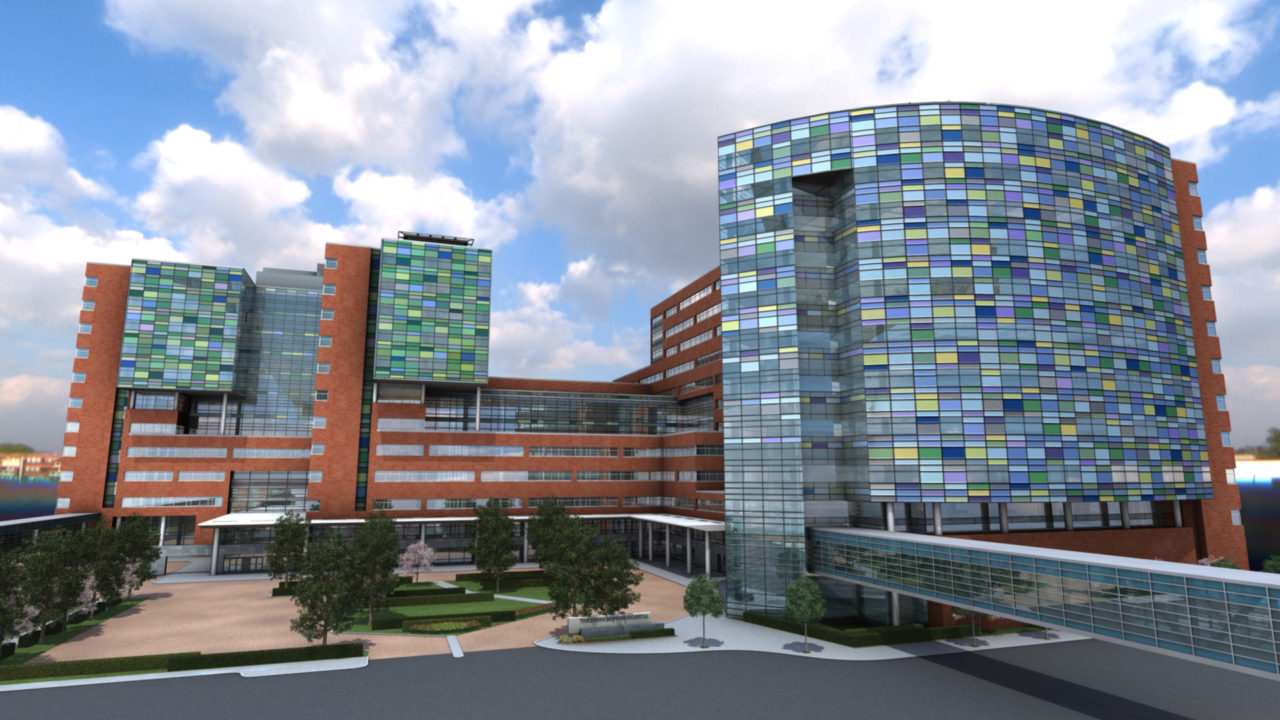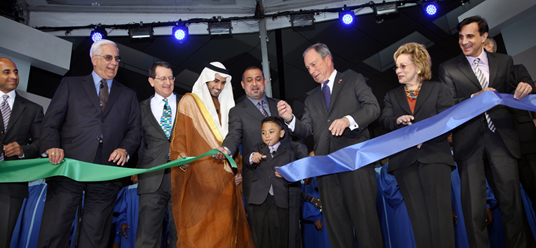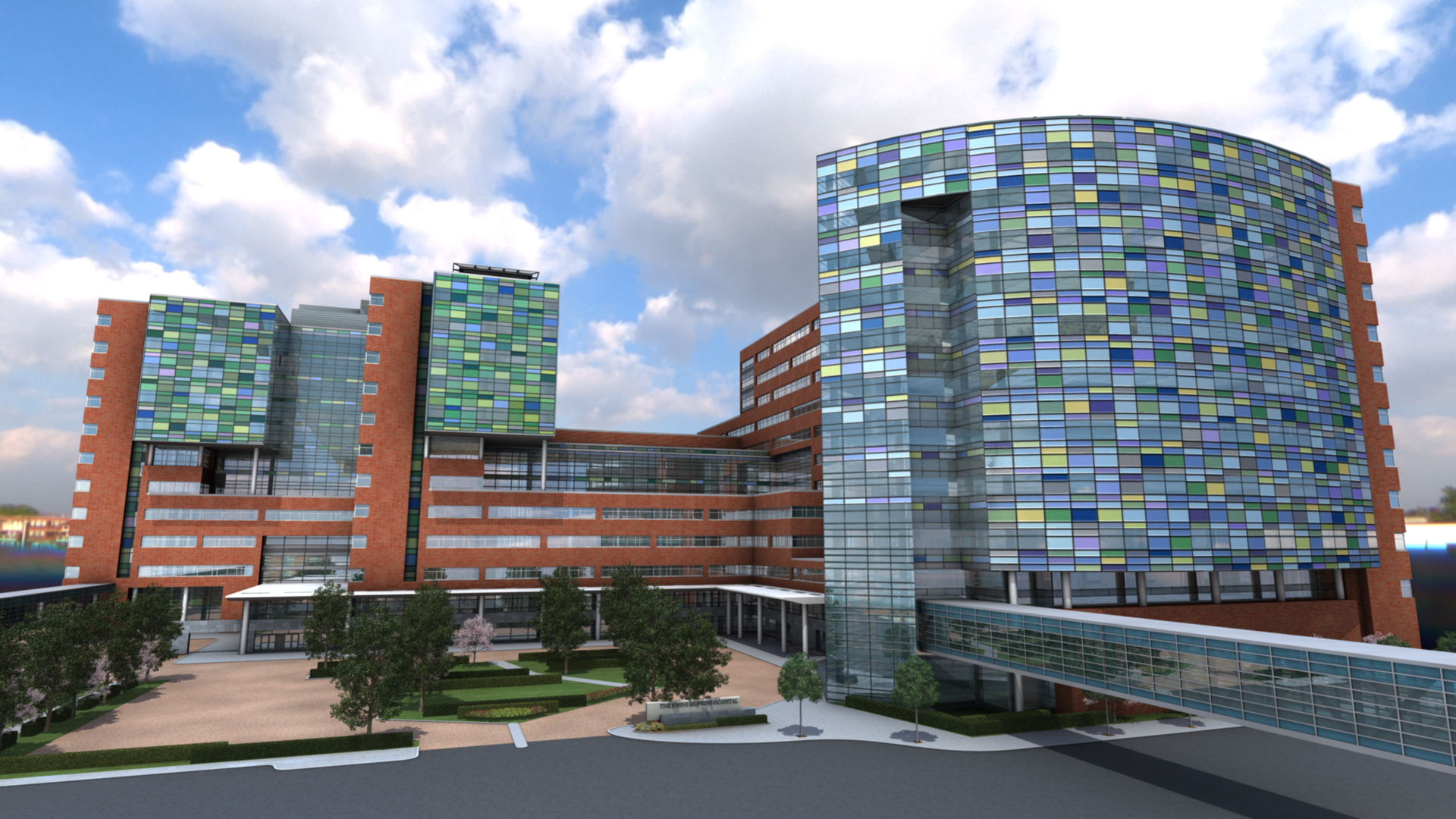In return, the UAE has provided consistent funding and support, starting with the hospital’s 10-year partnership with the Abu Dhabi Health Services Company (SEHA). Signed in 2006, the agreement detailed several upcoming projects, as well as Johns Hopkins’ oversight of Tawam Hospital, one of the largest and most advanced hospitals in the Emirates. The global arm of Hopkin’s soon went on to manage the Corniche and Al Rahba Hospitals in Abu Dhabi.

In addition, Johns Hopkins Bloomberg School of Public Health signed a long-term agreement with the Healthy Authority – Abu Dhabi (HAAD). This 10-year partnership was historically focused on creating new research and educational health programs in the UAE.
Fast forward to 2018, Johns Hopkins and the UAE Embassy came together to announce yet another philanthropic donation to build the Sheikh Khalifa Stroke Institute. The UAE gift is thought to be the largest stroke-specific donation in global history. This time, the institute was named Sheikh Khalifa himself, with the goal of becoming one of the most advanced stroke centers worldwide.

